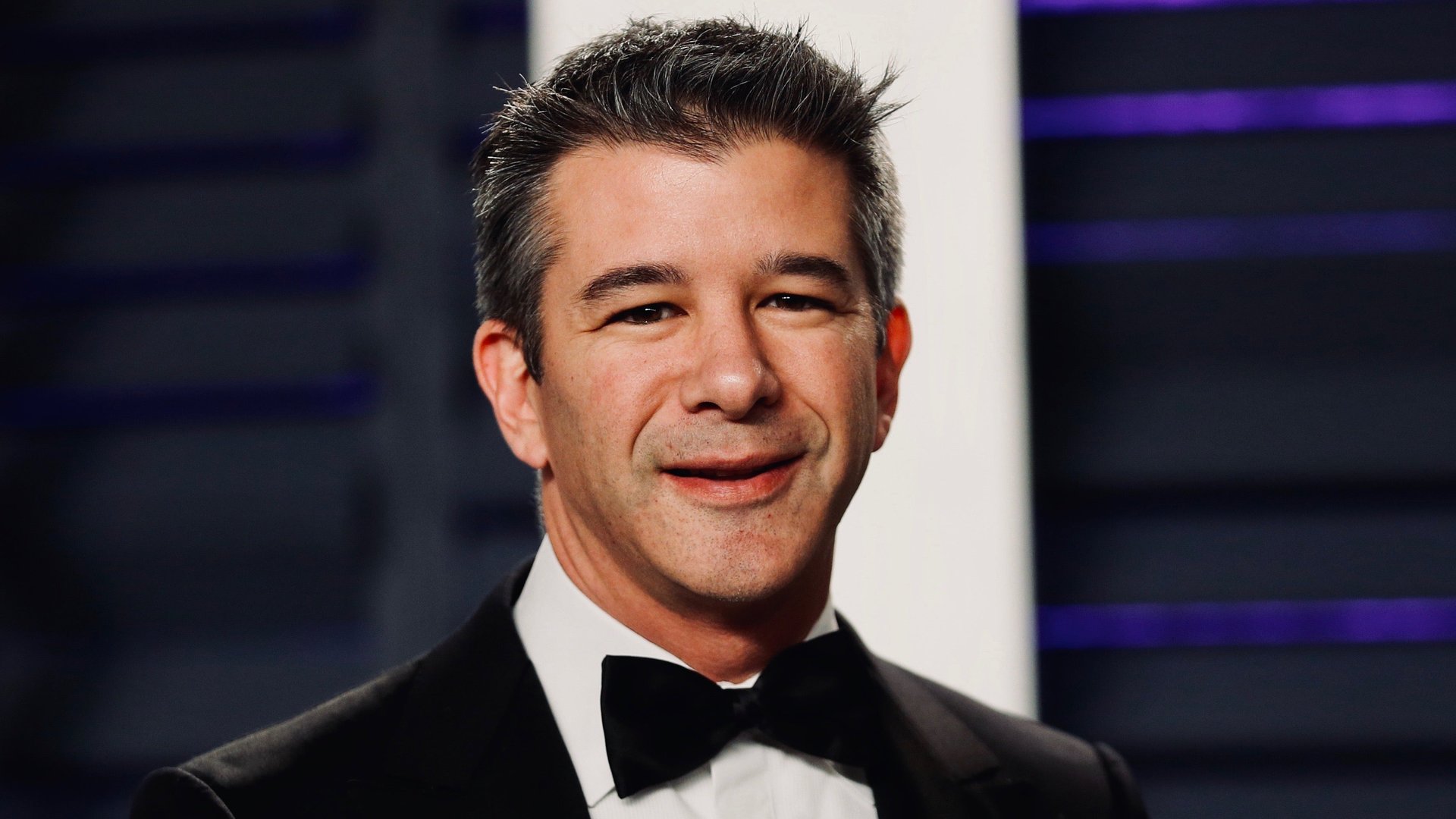Travis Kalanick’s next move is kitchens
Travis Kalanick, the founder and ousted CEO of ride-share giant Uber, is stepping down from the company board, according to a Dec. 24 company announcement. The move follows two months of stock selling by Kalanick where he cashed in all of his shares for about $2.7 billion.


Travis Kalanick, the founder and ousted CEO of ride-share giant Uber, is stepping down from the company board, according to a Dec. 24 company announcement. The move follows two months of stock selling by Kalanick where he cashed in all of his shares for about $2.7 billion.
“Uber has been a part of my life for the past 10 years,” Kalanick explained in the statement. “At the close of the decade, and with the company now public, it seems like the right moment for me to focus on my current business and philanthropic pursuits.”
Based on his recent activities, that means he’ll be working on kitchens. Specifically, he’s is interested in “ghost kitchens,” commercial cooking spaces optimized for food delivery, a kind of WeWork meets Uber for restaurateurs.
The idea is to offer delivery-only eateries cooking spaces designed to operate with relatively little risk or investment compared to traditional dining establishments. The business model isn’t popular yet in the US or Europe. But it’s big in China.
Kalanick bought a controlling stake in Los Angeles-based City Storage Systems, the holding company for CloudKitchens, for $150 million, in March 2018. According to the company website, it takes about “$20,000 and two months deposit” to get started. CloudKitchen helps their tenants attract customers through online ordering platforms like Postmates and Grubhub.
“In the traditional restaurant world, there is an uphill battle to stay relevant. It is much faster and more flexible to create and build delivery-only brand; this is the future,” according to Eric Greenspan, one restauranteur who provided CloudKitchen’s website a testimonial. “CloudKitchens allows me to experiment much more freely because the risk of failure is significantly reduced. If a brand doesn’t work, you just turn it off the delivery apps. That’s it.”
Kalanick is looking to take this business to China. There, the concept is not novel and the competition is brisk. For example, Panda Selected is a Beijing-based company known as the “kitchen version of WeWork,” with more than 120 locations. Founded in 2016, it raised $50 million early this year. CloudKitchens on the other hand boasts few businesses on its website and has kept a low profile despite having an investor known to be obnoxiously bold and brash.
The Wall Street Journal reports that Kalanick has been funding CloudKitchens with his own money but also raised $400 million from a Saudi Arabia sovereign-wealth fund earlier this year.